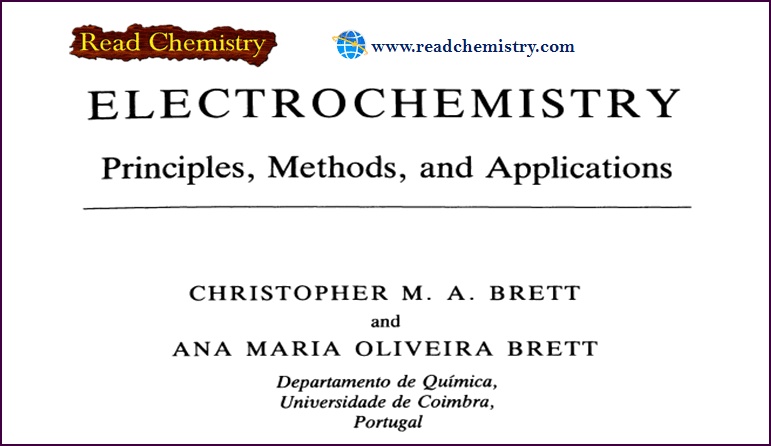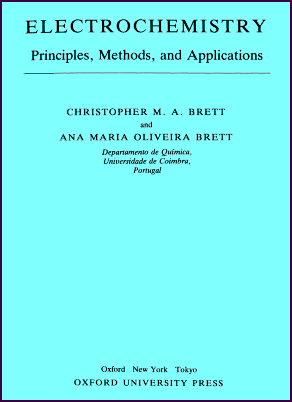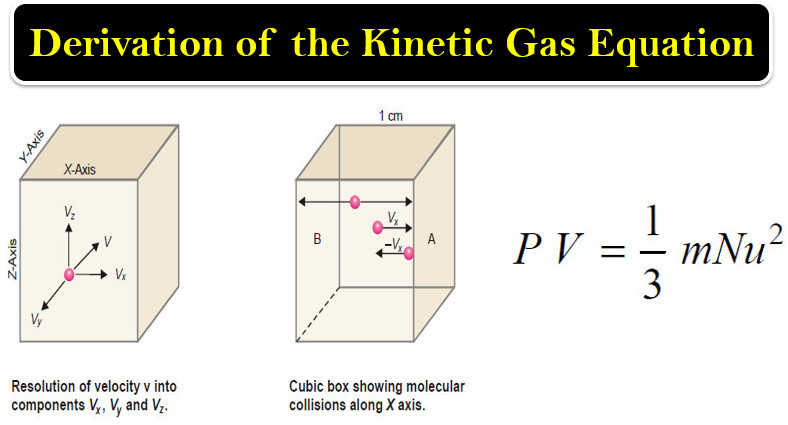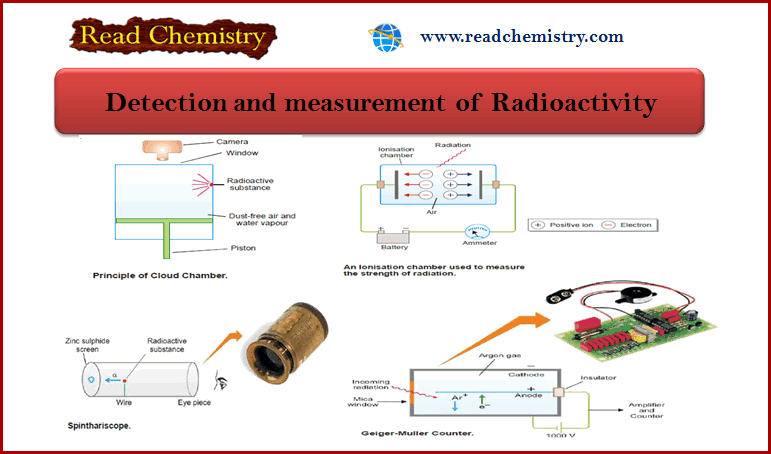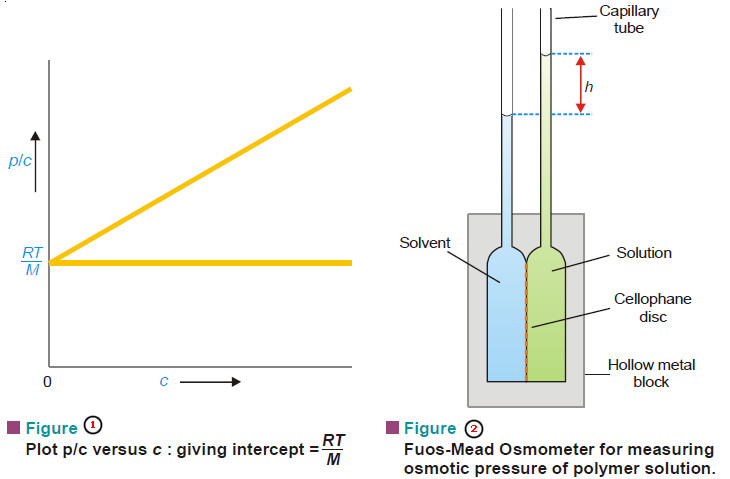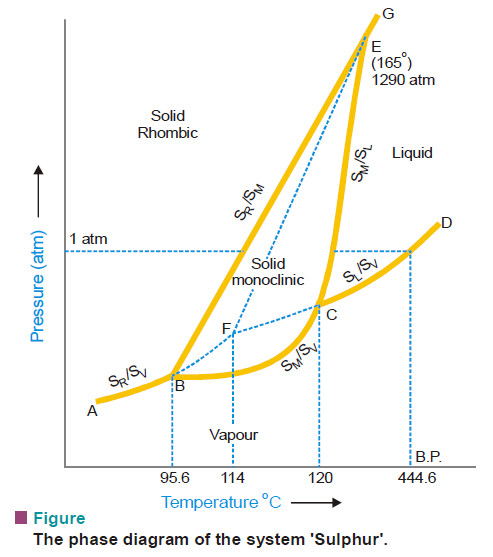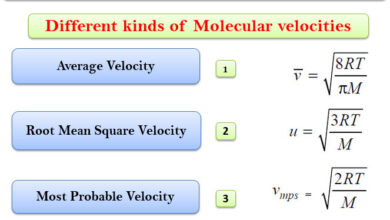Free Download Electrochemistry book (Principles and Applications)
– In this subject, we will discuss Free Download Electrochemistry book (Principles, Methods, and Applications)
The Preface of Electrochemistry book
– Electrochemistry has undergone significant transformations in the last few decades.
– It is not now the province of academics interested only in measuring thermodynamic properties of solutions or of industrialists using electrolysis or manufacturing batteries, with a huge gulf between them.
– It has become clear that these two, apparently distinct subjects, and others, have a common ground and they have grown towards each other, particularly as a result of research into the rates of electrochemical processes.
– Such an evolution is due to several factors, but principally the possibility of carrying out reproducible, dynamic experiments under an ever-increasing variety of conditions with reliable and sensitive instrumentation.
– This has enabled many studies of a fundamental and applied nature to be carried out.
– The reasons for this book are twofold. First to show the all-pervasive and interdisciplinary nature of electrochemistry, and particularly of electrode reactions, through a description of modern electrochemistry.
– Secondly to show to the student and the non-specialist that this subject is not separated from the rest of chemistry, and how he or she can use it.
– Unfortunately, these necessities are, in our view, despite efforts over recent years, still very real.
– The book has been organized into three parts, after Chapter 1 as a general introduction.
– We have begun at a non-specialized, undergraduate level and progressed through to a relatively specialized level in each topic.
– Our objective is to transmit the essence of electrochemistry and research therein.
– It is intended that the chapters should be as independent of one another as possible.
– The sections are Chapters 2-6 on the thermodynamics and kinetics of electrode reactions, Chapters 7-12 on experimental strategy and methods, and Chapters 13-17 on applications. Also included are several appendices to explain the mathematical basis in more detail.
– It is no accident that at least 80 percent of the book deals with current-voltage relations, and not with equilibrium.
– The essence of any chemical process is change, and reality reflects this.
– We have not filled the text with lots of details that can be found in the references given, and, where appropriate, we make ample reference to recent research literature.
– This is designed to kindle the enthusiasm and interest of the reader in recent, often exciting, advances in the topics described.
– A major preoccupation was with notation, given the traditionally different type of language that electrochemists have used about other branches of chemistry, such as exchange current which measures rate constants, and given differences in usage of symbols between different branches of electrochemistry.
– Differences in sign conventions are another way of confusing the unwary beginner.
– We have decided broadly to follow IUPAC recommendations.
Description of the book
Book name: Electrochemistry book (Principles, Methods, and Applications) by Christopher M.A Brett and Ana Mara Oliveira Brett.
Author: Christopher M.A Brett and Ana Mara Oliveira Brett.
Departamento de Quimica, Universidade de Coimbra, Portugal
Edition: Unkown
Year: 1993
No of Chapters: 17
No of Pages: 444
File format: pdf
File size: 7.12 MB
Contents of Electrochemistry book
Chapter 1: Introduction
Chapter 2: Electrochemical cells: thermodynamic properties and electrode potentials
Chapter 3: The interfacial region
Chapter 4: Fundamentals of kinetics and mechanism of electrode reactions
Chapter 5: Mass transport
Chapter 6: Kinetics and transport in electrode reactions
Chapter 7: Electrochemical Experiments
Chapter 8: Hydrodynamic Electrodes
Chapter 9: Cyclic voltammetry and linear sweep techniques
Chapter 10: Step and pulse techniques
Chapter 11: Impedance methods
Chapter 12: non-electrochemical probes of electrodes and electrode processes
Chapter 13: Potentiometric Sensors
Chapter 14: Amperometric and voltammetric sensors
Chapter 15: Electrochemistry in Industry
Chapter 16: Corrosion
Chapter 17: Bioelectrochemistry
Cover of the book
Free Download of Electrochemistry book
File format: pdf
File size: 7.12 MB

